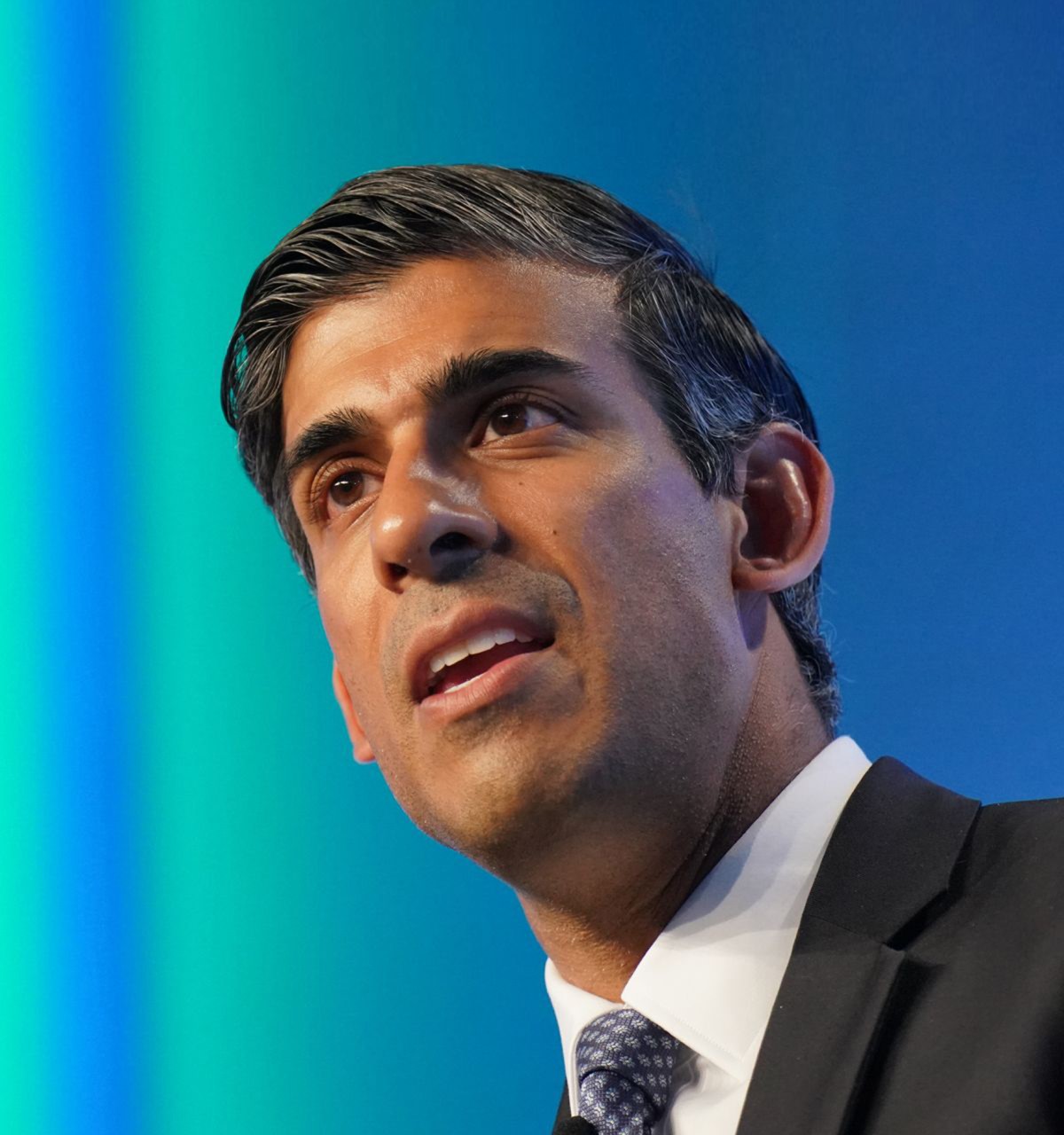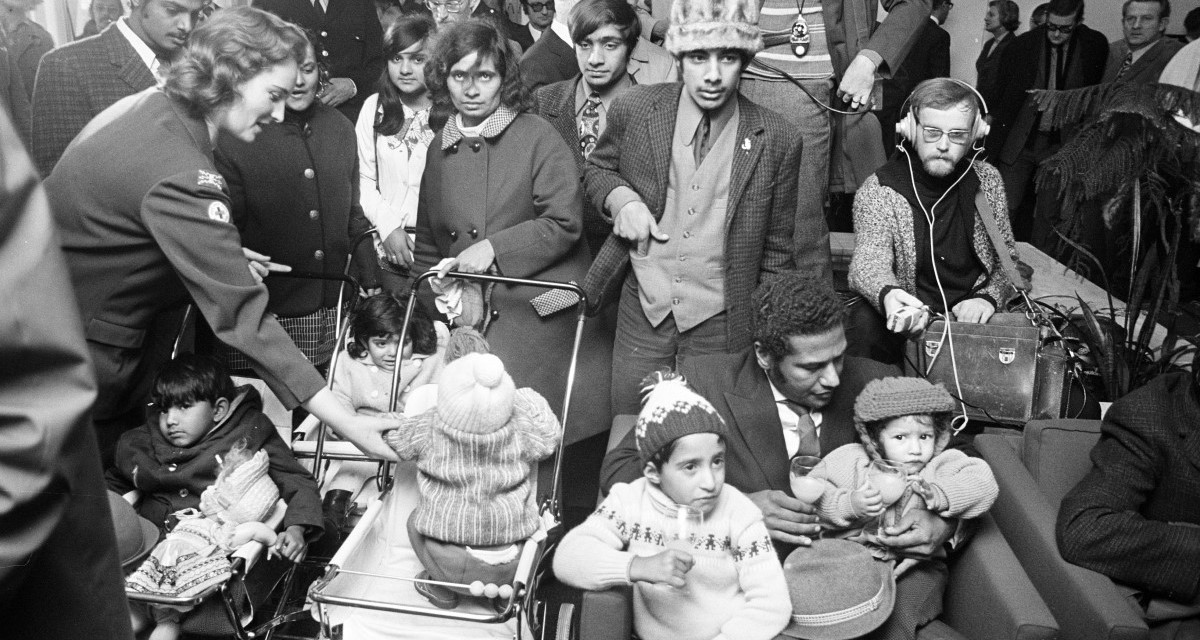How individuals from the Indian diaspora are helping to shape the world
Words: Farzana Baduel
I was recently at a dinner party hosted by an Indian billionaire in Mayfair, and the conversation naturally veered to others. Gossip is not to be taken lightly in the South Asian community; growing up, it often felt like it was the fuel of aunties to weaponise against their children, but it also kept tabs on how well others were doing.
Conversations ranged from admiring so-and-so having a detached house and children in private school to so-and-so running to be Prime Minister. One of my fellow guests commented that Indians are at the top of many fields, from the tech titans in California to the political heavyweights posturing for the PM position in the UK.
Why is the Indian diaspora climbing to the top of their fields across politics, business, finance, tech, culture and media — not just in the UK but in the US and worldwide?

Mayfair resident Sumita Kumar, who had a stellar career in finance and now orchestrates global cultural events, offers her reasons: “Indians are outcome-agnostic. You work hard, and if things don’t go your way, you accept it and try something else. Our Indian culture is rooted in ancient wisdom. Do your best, break ceilings, but never overidentify with success.”
Parental pressure to perform at school and choose high earning careers is prevalent across the diaspora experience. Growing up with a strict and ambitious mother, I recall thinking poor GCSE results could pose an existential threat to me. I wanted to be a dancer but didn’t dare express my ambition, so I dutifully studied science and maths. STEM subjects are valued for feeding into high-paying professions. No need to motivate girls to study STEM subjects in India, where a whopping 43 per cent of graduates are women — one of the highest in the world.
Eva Lobo, an Oxbridge banker turned luxury handbag designer, believes nature and nurture shape success: “Who we are and what we are is shaped by our parents who instil the values of their culture, customs and tradition. A paradigm shift in Asian families emerged as they decided to better themselves financially to provide their children with a good education and assimilate into a culture entirely distant from their own. They did a great job, despite the turmoil of racism and economic disparities that polarised the Asian from being accepted into their new country.”
Mayfair-based investor and fashion entrepreneur Amishi Dhanuka argues that “what makes Indians unsinkable is adaptability and hunger. Hunger propels you to work hard and do whatever it takes to succeed. Adaptability is required because, in the past, there was a formula for success. Today there is no formula. The Sundar Pichais of the world made it look effortless. The debilitating circumstances under which American Vice President Kamala Harris’s mother moved to the US would have shaped Kamala’s thinking.”
India has the largest diaspora in the world and the US is their top destination: in 2017, people of Indian descent made up 1.3 per cent of the American population. The US has long benefited from an immigration policy that enriches the country by cherry-picking the brightest individuals. It has led to origin countries citing a brain drain. With many US-educated Indians choosing to return to India, brain drain concerns are waning. Several start-ups in India have surpassed the $1 billion valuation mark on the private market and are now poaching top US tech talent. Touché.
The Indian population in England and Wales is the largest minority group, with around 1.4 million people. One of the most successful communities is the East African Indians. This year marks the 50th anniversary of the Ugandan Asian exodus. Both Rishi Sunak and Priti Patel are from East African Indian communities.
These communities faced a double displacement — from India to Africa and then Africa to the UK. Some would argue displacement and feelings of insecurity can drive success.

According to Suhel Seth, founder of Counselage, there is a simple reason why Indians do better outside India. “There’s an old Hindi saying: a chicken that you rear at home is akin to lentils. Away from an ecosystem which is benign and familiar, Indians are eager to prove themselves and impress the folks back home. It may seem trite but it’s true. Merit was only one factor. Where you came from and who you knew determined whether you succeeded or failed. In time, more Indians will show the world they can stand up and be counted for who they are and not where they came from.”

Farzana Baduel
Farzana is CEO of Curzon PR, which specialises in government, space, technology, corporate and the arts. She serves as PR expert and ambassador for Oxford Foundry, the University of Oxford’s entrepreneurship centre, and is the recipient of many awards including Entrepreneur of the Year at the Asian Women of Achievement Awards.







